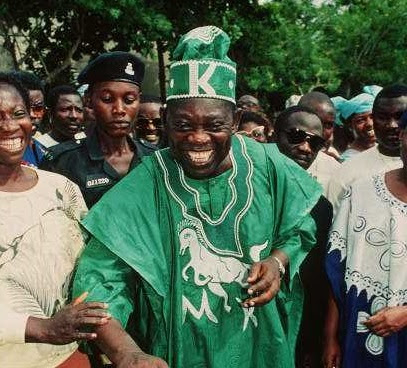By Emmanuel Aziken
Two strong disruptions to Nigeria’s democratic flow in March 2025 were seemingly repaired recently with the dramatic restoration of Governor Siminilayi Fubara to the helm of affairs in Rivers State and the reinstatement of Senator Natasha Akpoti-Uduaghan to the Senate after months of suspension.
*NatashaOn the surface, both restorations may appear as victories for democracy, yet when viewed closely, they reveal two sharply contrasting responses to political persecution — one marked by courage, the other by compromise.




